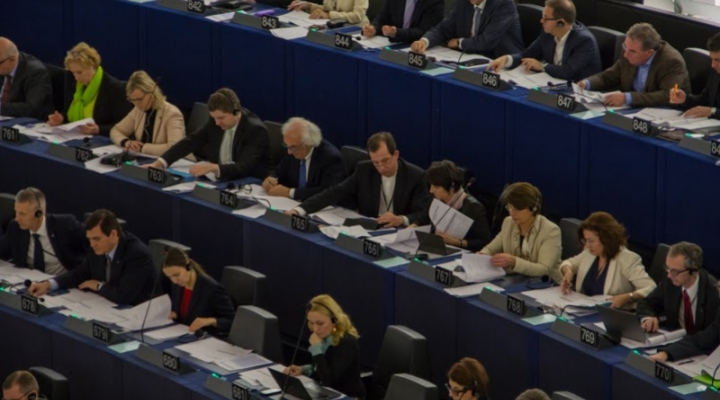Csaba Sógor: Still more to be done in Europe to reduce income inequalities
In the country where I come from 70 percent of employees are making less than net € 380 per month. What is a middle-class lifestyle in Western Europe is a privilege of the rich in the East – pointed out Csaba Sógor in the European Parliament.
Dealing with income inequality and wealth distribution in the EU was on the agenda of the Wednesday plenary session of the EP in Strasbourg. The urgency of the subject was given by the recent publication of statistics showing that income inequalities have reached an all time high within the Member States of the Organization for Economic Cooperation and Development (OECD). Several MEPs argued that this phenomenon raises not only social and political, but also economic concerns, the Union's GDP growth being also negatively affected by it. The MEPs have requested the European Commission to present the measures it intends to take to counter this phenomenon.
Csaba Sógor explained during the debate: this phenomenon has particularly painful consequences for the Eastern Member States, where, due to the income situation of the population, the savings rate is extremely low.
The RMDSZ MEP cited a recent survey that shows enormous differences even between the countries of the Central and Eastern Europe: while the average savings go up to EUR 39 400 in Austria, they are only EUR 10 900 in the Czech Republic, 8 000 in Slovakia, and 2 600 in Romania. In its reasoning, the MEP pointed out that economic growth is affected by consumption growth; low income levels however limit the expansion of services and the prospects of SMEs. "The future of Europe also depends on whether or not we manage to reduce inequalities between and within Member States" – he stated, stressing that maintaining a strong cohesion policy is vital in this regard and that for this reason the level of EU funds should be available beyond 2020, in order for the less well-off Member States to catch up.











